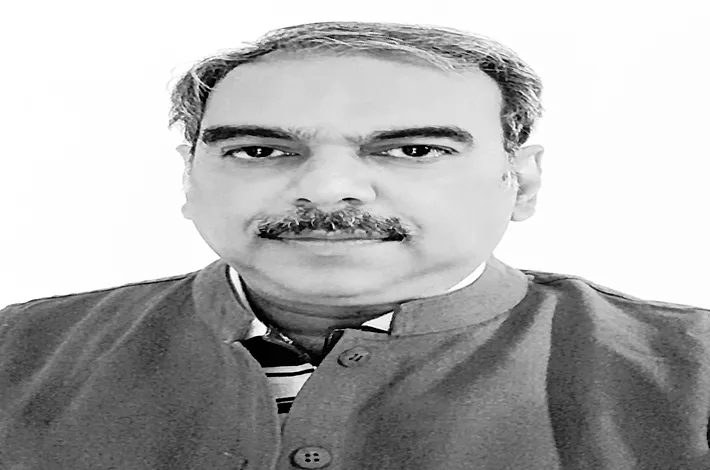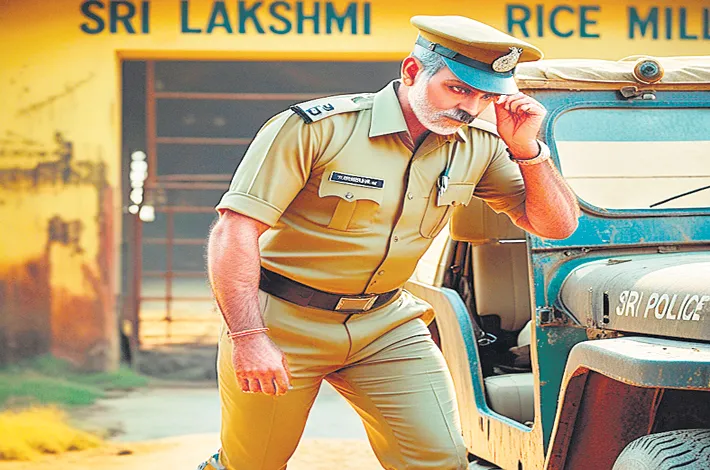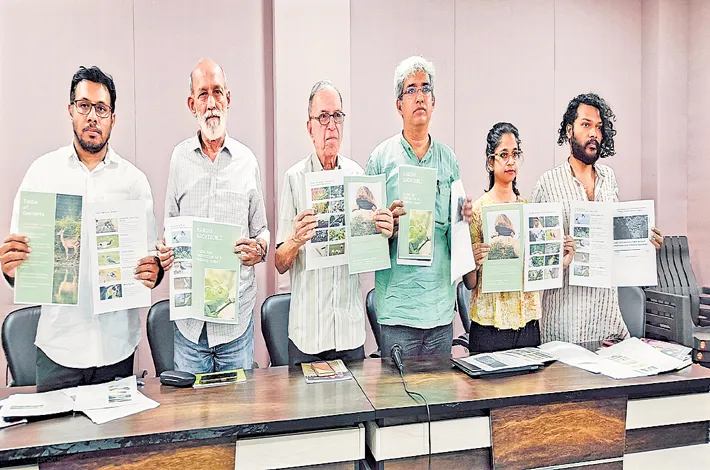Comedy vs Clout: Hotel vandalism exposes culture of political clash
26-03-2025 12:00:00 AM

This is a textbook case of two sides seeing the same event through completely different lenses—a culture clash in action
The vandalism of a plush Mumbai hotel by supporters of Maharashtra Deputy Chief Minister Eknath Shinde—after the venue hosted a standup comedy show by Kunal Kamra—has once again divided social media.
Kamra’s satire took political aim at Shinde, sparking a backlash that reflects a familiar pattern: Shiv Sena activists retaliating against criticism with force. But in recent years, such incidents have increased in frequency and severity, prompting a deeper look into their roots. Why does violence remain a political response, and what does this say about contemporary Maharashtra?
The supporters of Maharashtra Deputy Chief Minister Eknath Shinde stormed into a hotel in an upscale area of Mumbai and vandalized it after the venue hosted a recent stand-up comedy show by Kunal Kamra, in which he satirically targeted Shinde. The incident made headlines, sparking controversy and once again dividing social media users. Maharashtra has witnessed such incidents for decades, with the Shiv Sena known for reacting aggressively to its critics.
However, the frequency and intensity of these acts of violence have escalated in recent years, making it important to examine their root causes and potential consequences. Regardless of political affiliations, all forms of violence must be condemned, and steps should be taken to prevent their recurrence. That said, it is worth exploring the underlying discord between a political outfit like Shiv Sena and a comedian like Kunal Kamra.
A key question being debated is how an organization led by a politician in power, who holds key government portfolios, can openly storm a public space like a restaurant or studio and vandalize it. Why is this allowed—or even encouraged—by the top leadership? Why isn’t the government responding with the necessary urgency? Observers and experts are questioning whether intolerance has increased in Maharashtra. While it is true that politicians across the country have become increasingly intolerant, there is also another perspective: such violent reactions to satire might stem from a fundamental clash of cultures.
The Shiv Sena was founded in 1966 as a movement to safeguard the rights of Mumbai’s Marathi-speaking population. Its founder, Balasaheb Thackeray, had a clear vision for the party. At the time, Mumbai saw a surge in migration, with people from southern and northern India arriving in search of work. The local population, feeling their space was being encroached upon, rallied behind Thackeray.
He mobilized young men—physically strong, mentally prepared—who became community leaders in various parts of Mumbai. These grassroots activists fought for civic amenities such as water supply, public toilets, and healthcare, gaining local support and political power in return. This laid the foundation of the Shiv Sena’s identity as a party of street fighters.
Many of these early Sena leaders were not highly educated, articulate, or cosmopolitan, but they had the reputation of being "street fighters." This attribute, if one can call it that, brought them popularity and influence. Over the decades, Shiv Sena supporters have never viewed acts of vandalism as a serious offense. For them, storming into a venue and ransacking it over an issue is simply part of the party’s DNA.
Mumbai has witnessed numerous incidents of public places and media offices being attacked by Sena activists, yet their voter base remained loyal, undeterred by such acts of violence. However, in today’s era of social media and global connectivity, such visuals of political hooliganism appear more shocking than ever.
The 1990s marked the beginning of economic liberalization in India, leading to a wealthier middle class. Over the past three decades, cities across the country have evolved into urban, global hubs, offering entertainment and recreational options comparable to megacities like New York or Paris. This cultural shift has paved the way for stand-up comedy, attracting affluent, highly educated audiences.
But this modern, cosmopolitan culture stands in stark contrast to the ethos in which the Shiv Sena has traditionally operated. What might be seen as standard satire or harmless parody in a comedy show is perceived by Sena loyalists as offensive and insulting. This fundamental cultural disconnect is further exacerbated by the widespread reach of social media, where such content is amplified.
Kunal Kamra and his supporters are adamant that he has done nothing wrong and refuse to apologize for his remarks. On the other hand, members of Eknath Shinde’s Shiv Sena believe they were deliberately targeted as part of a larger political agenda. While Shinde admitted on Tuesday that violence and vandalism cannot be justified, he maintained that Kamra’s show amounted to defamation and warranted legal action. This is a textbook case of two opposing sides standing their ground, locked in a stark clash of cultures.








